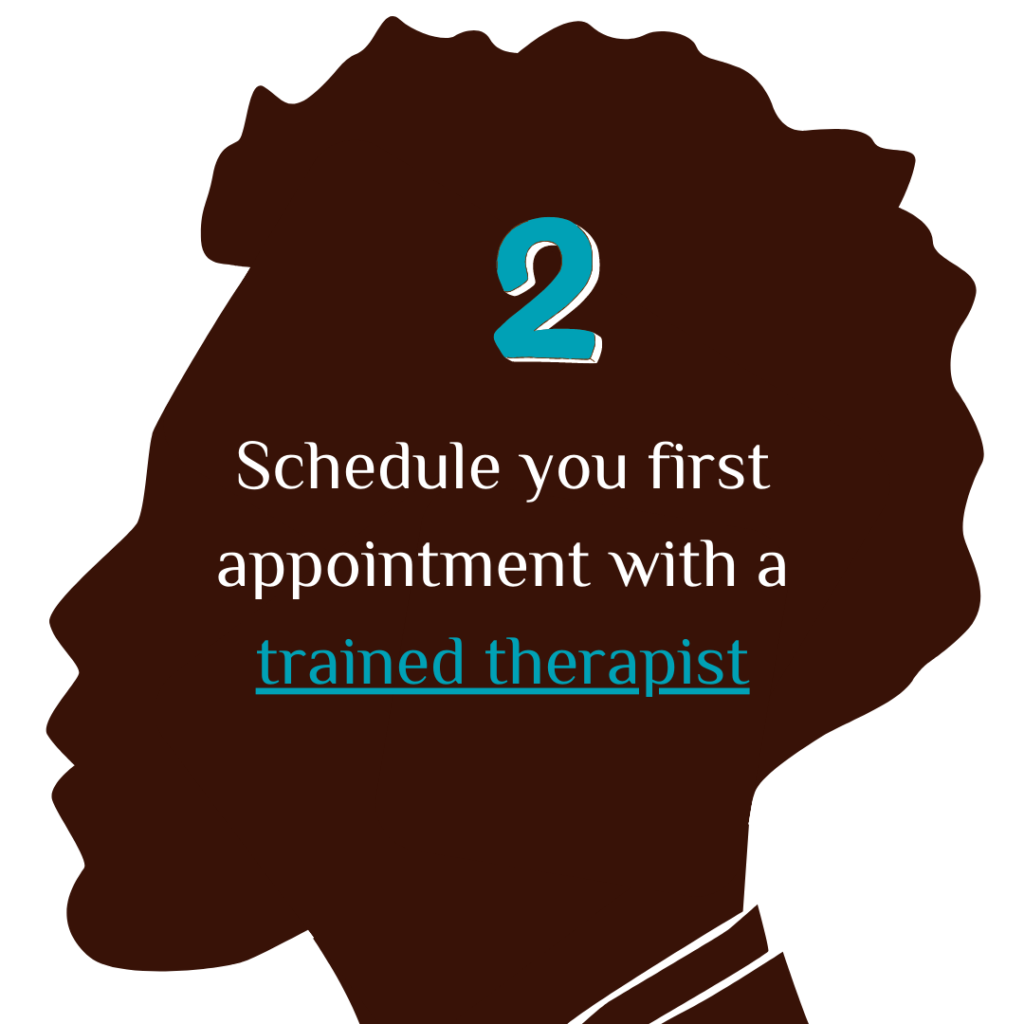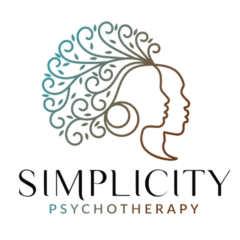Black clients appreciate Black therapists. Period.
The most common comment I hear from Black clients is that they don’t want to have to explain certain things. While the most common emotional response is relief.
My Black clients inherently know that Black therapists offer a unique perspective that our non-Black counterparts don’t have access to. They can also engage more freely and don’t feel a need to code switch or make the therapist feel comfortable with their Blackness.
Have you ever thought about seeking therapy with a Black therapist? In this blog, we'll explore the benefits of doing just that.

The Benefits of Having a Black Therapist
Black Therapists Aren’t Afraid to Talk About Race
Culture is central to people of color. Many clients have tried non-Black therapists and had poor experiences. (I could tell you some stories, but I’ll stay focused.) A therapist requires cultural competency to assess, diagnose and treat mental conditions for people of color, but to connect with that person’s experiences.
For many Black people, the chance of encountering racial discrimination during therapy is enough to keep them from seeking treatment. We’re already “not supposed” to discuss our problems and to be labeled or treated poorly in the process, absolutely not! There is plenty of evidence showing systemic oppression during treatment. One study indicates 52% of Blacks report experiencing healthcare discrimination based on race while receiving mental health care. With a Black therapist, many people do not have to worry about racial prejudice.
A Black counselor is less likely to downplay the ongoing distress from microaggressions, systemic injustice, or other racial prejudice because they can relate to the situation.
Black Therapists are Less Likely to Engage in Stereotyping
Remember those stories I said I could tell. Negative stereotyping of African Americans has been a basis for many misdiagnoses as well as a barrier to finding quality health care. Many clients don't discuss their issues with white therapists. They are afraid of being judged. For example, if a client has anger issues, they might think of being stereotyped as an angry Black man or woman.
Black therapists are familiar with the struggles gripping people of color. And as a result, they are less likely to be politically correct, pass judgment, dismiss, or downplay the Black experience.
While I know that all skin folk ain’t kinfolk, a Black therapist is far less likely to place certain societal assumptions on their Black clients. African Americans are often labeled as serial victims in the oppression Olympics. Our hardships are overemphasized while our experiences get quickly dismissed, forcing us to downplay infractions and develop avoidance habits to survive. Therapy becomes easier with a counselor who knows first-hand the experience of being Black in America.

Black Therapists Use Culturally Relevant Content in Treatment
The National Alliance of Mental Illness (NAMI) reports that sharing and engaging with shared cultural experiences is comforting and relatable. Incorporating authentic, positive Black cultural aspects like faith, community, music, or dance in the treatment resonates and creates safety. Community and acknowledgment of faith provide accountability and support, while art is a constructive form of behavioral modification.
We love a good cultural reference to address pressing matters.
Black Therapists Get It
Mindset tops the list of reasons why people of color seek Black therapists. Non-Black professionals have the training and resources to tackle mental health issues; however, their perception sometimes affects their understanding of their clients.
While therapists are professional, they can also have implicit biases informed by general assumptions about people of color. Unfortunately, these biased opinions interfere with the success of therapy. Shared cultural experiences make the therapist less dismissive, neglectful, or judgmental.
Comfort is an essential aspect of the therapeutic process. Clients need to relax and trust their therapist. I often tell clients that I can have all the knowledge and empathy in the world, but if they don’t trust me, none of that matters. Familiarity is a significant factor of trust in the Black community. It is easier to open up, share, and communicate. Our understanding of your experience validates and acknowledges your issues without the excessive need to justify or over-explain yourself. A Black therapist makes people of color feel at home not just because of their skin color but because of how they show up.
The Takeaway
According to research and my personal experience with clients, Black clients feel a distinct sense of solidarity with Black therapists. With a Black therapist, you already share culture and experience. Therefore, it is easy to vent and communicate your issues without fear of misunderstandings or the frustration of explaining the basis of your actions or thoughts. Your therapist's ability to relate to your situation makes you less defensive and more open to finding healing since the acknowledgment validates your experience.

At Simplicity Psychotherapy, our team of Black therapists fully understand the unique experiences of our clients, particularly those influenced by racism.
Ultimately, choosing a Black therapist is not only about two people who share the same color or culture. Instead, the benefit comes from the blend of cultural understanding with the professional competency and skills of the Black therapist.
How To Start Therapy:

Reach out for a free consultation

Schedule your appointment with a trained therapist

Connect with someone who understands
How To Start Therapy:




Rayvéne is a Licensed Professional Counselor and Master Addiction Counselor in Atlanta, GA.
Empowering you to remove the mask of other people’s expectations and have the Audacity to be themselves.
Note: While the information above is intended to provide insight as you begin your journey they are not intended to replace the guidance of a trained professional. Exploring these concerns in the presence of a licensed counselor or other licensed professional may provide deeper insight and assist in managing more multifaceted concerns that may arise.

